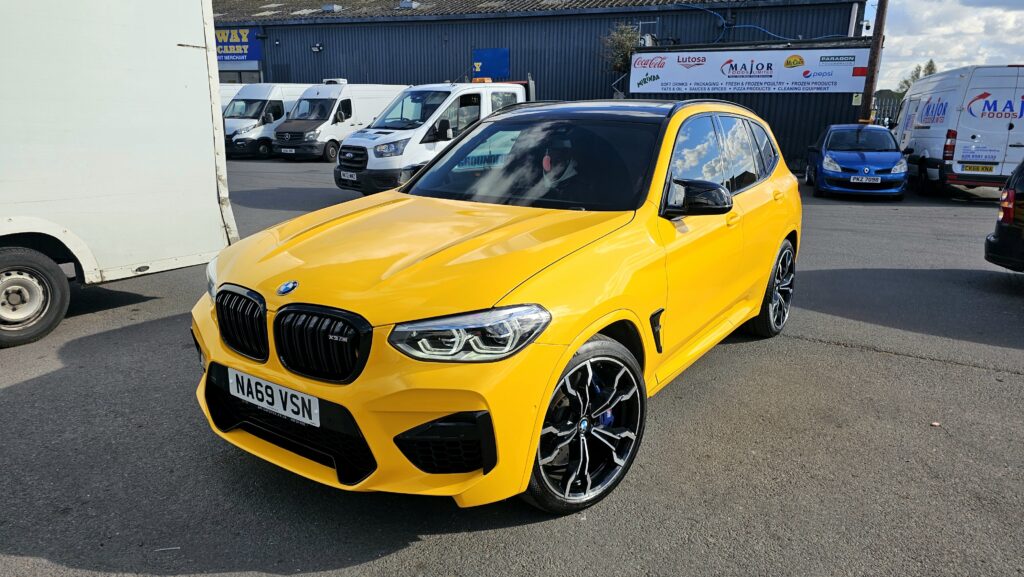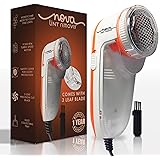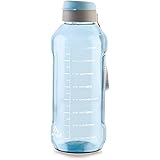car wrapping has become an increasingly popular way to transform and protect your vehicle while expressing personal style or promoting a brand. Unlike traditional paint jobs, wraps offer endless design possibilities and can be easily removed or replaced. However, choosing the perfect car wrap design can be overwhelming, given the vast array of options available. This guide will walk you through the essential considerations to ensure your car wrap design is both visually stunning and practical.
1. Define Your Purpose
The first step in choosing a car wrap design is understanding why you’re getting a wrap in the first place. Are you looking to personalize your vehicle with a unique look, protect the original paint, or advertise your business?
- Personal Use: Opt for designs that reflect your personality, such as bold patterns, sleek matte finishes, or artistic illustrations.
- Business Use: Focus on branding elements like your company logo, contact information, and a clear, engaging design that catches the eye of potential customers.
2. Understand Your Vehicle’s Shape and Size
Not all designs will suit every type of vehicle. A wrap that looks great on a compact car may not translate well to a larger SUV or truck. Take into account your vehicle’s dimensions, contours, and unique features when designing the wrap.
- Curves and Lines: Avoid overly intricate designs that might lose detail on curved surfaces.
- Key Features: Highlight areas like the hood or doors where the design will stand out most effectively.
3. Choose the Right Color Scheme
Colors are one of the most critical elements in any car wrapping design. Your choice of colors can impact the visibility, aesthetic appeal, and overall effectiveness of your wrap.
- Brand Colors: If wrapping a business vehicle, stick to your brand’s color palette to maintain consistency.
- Personal Preferences: Experiment with bold hues, gradients, or metallic finishes to create a head-turning look.
- Visibility: Ensure that text or logos contrast well with the background for easy readability.
4. Decide on the Finish
Car wraps come in various finishes, each offering a unique aesthetic. The most common finishes include:
- Glossy: Mimics the look of traditional paint and enhances vibrant colors.
- Matte: Provides a sophisticated, non-reflective finish.
- Satin: A middle ground between matte and glossy.
- Metallic and Chrome: Adds a luxurious or futuristic touch to the vehicle.
Select a finish that complements your chosen design and purpose.
5. Focus on Quality Materials
The longevity and appearance of your car wrap depend on the quality of the vinyl used. High-quality materials like 3M or Avery Dennison vinyl ensure durability and vibrant colors that won’t fade quickly. While premium materials might cost more upfront, they can save you money in the long run by reducing the need for frequent replacements or repairs.
6. Consider Professional Design Help
If you’re not confident in your design skills, consider hiring a professional designer. They can create a wrap tailored to your vehicle’s dimensions and your vision. A well-executed design is crucial, especially for business vehicles where a poorly designed wrap can harm your brand image.
7. Think About Maintenance and Longevity
Some designs may require more upkeep than others. For example, lighter colors and intricate patterns may show dirt and wear more quickly. Consider the practical aspects of maintaining the wrap’s appearance over time.
8. Review Legal Considerations
Certain designs, colors, or reflective finishes may not comply with local regulations. For instance, chrome wraps can sometimes be restricted due to their reflective nature, which may distract other drivers. Check with local authorities to ensure your chosen design is road-legal.
9. Test Your Design Virtually
Many car wrapping companies offer virtual tools to preview how a design will look on your specific vehicle. Use these tools to test different colors, patterns, and layouts before committing to a final design. This step can save you from costly mistakes or dissatisfaction with the result.
10. Budget Wisely
Car wrapping costs vary widely based on the design’s complexity, material quality, and the size of the vehicle. Set a realistic budget and prioritize elements that are most important to you. Remember, cutting costs on materials or professional installation can lead to a wrap that doesn’t meet your expectations.
11. Get Feedback
Before finalizing your design, seek input from friends, family, or colleagues. A fresh perspective can help identify potential issues or improvements you might have missed.
12. Work with Reputable Installers
The best design can fall flat if the installation is subpar. Choose a professional installer with a strong track record and positive reviews. Skilled installers will ensure the wrap adheres perfectly to your vehicle and lasts as long as intended.
Conclusion
Choosing the perfect car wrap design involves balancing aesthetics, functionality, and practicality. By defining your purpose, understanding your vehicle’s features, selecting the right materials, and working with experienced professionals, you can create a design that not only turns heads but also serves its intended purpose effectively. Whether you’re customizing your car for personal enjoyment or branding your business vehicle, a well-thought-out wrap design can make all the difference in achieving your goals.
Philips Lint Remover for Clothes, Best Lint Shaver for Clothes,Lint Remover for Woolen Clothes,Lint Remover for Winter Clothes
₹349.00 (as of 22 December, 2024 11:23 GMT +05:30 - More infoProduct prices and availability are accurate as of the date/time indicated and are subject to change. Any price and availability information displayed on [relevant Amazon Site(s), as applicable] at the time of purchase will apply to the purchase of this product.)Nova Lint Remover for Clothes Fabric Shaver for Woolen Clothes | 2 Year Warranty
₹348.00 (as of 22 December, 2024 11:23 GMT +05:30 - More infoProduct prices and availability are accurate as of the date/time indicated and are subject to change. Any price and availability information displayed on [relevant Amazon Site(s), as applicable] at the time of purchase will apply to the purchase of this product.)Pigeon by Stovekraft Amaze Plus Electric Kettle (14289) with Stainless Steel Body, 1.5 litre, used for boiling Water, making tea and coffee, instant noodles, soup etc. (Silver)
₹599.00 (as of 22 December, 2024 11:23 GMT +05:30 - More infoProduct prices and availability are accurate as of the date/time indicated and are subject to change. Any price and availability information displayed on [relevant Amazon Site(s), as applicable] at the time of purchase will apply to the purchase of this product.)Gas Lighter for Kitchen Use | C-Type Rechargeable Candle Lighter | Electric Lighter | Christmas Lighter for Gas Stove with USB Charging Port | 1 Year Warranty | 400 Uses in Single Charge
₹261.00 (as of 22 December, 2024 11:23 GMT +05:30 - More infoProduct prices and availability are accurate as of the date/time indicated and are subject to change. Any price and availability information displayed on [relevant Amazon Site(s), as applicable] at the time of purchase will apply to the purchase of this product.)ATTRO Ultra Pro 2 Motivational 2-Liter BPA-Free Water Bottle with Leak-Proof Flip-Top Cap, Nylon Strap and Stylish Blue Color for Daily Hydration
₹199.00 (as of 22 December, 2024 11:23 GMT +05:30 - More infoProduct prices and availability are accurate as of the date/time indicated and are subject to change. Any price and availability information displayed on [relevant Amazon Site(s), as applicable] at the time of purchase will apply to the purchase of this product.)Discover more from The General Post
Subscribe to get the latest posts sent to your email.





